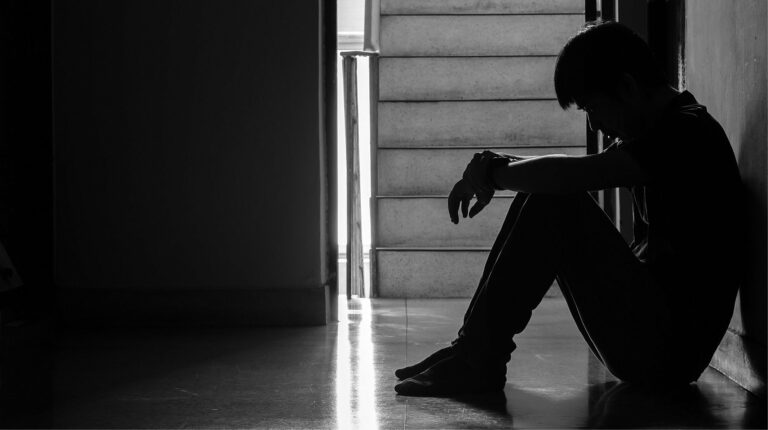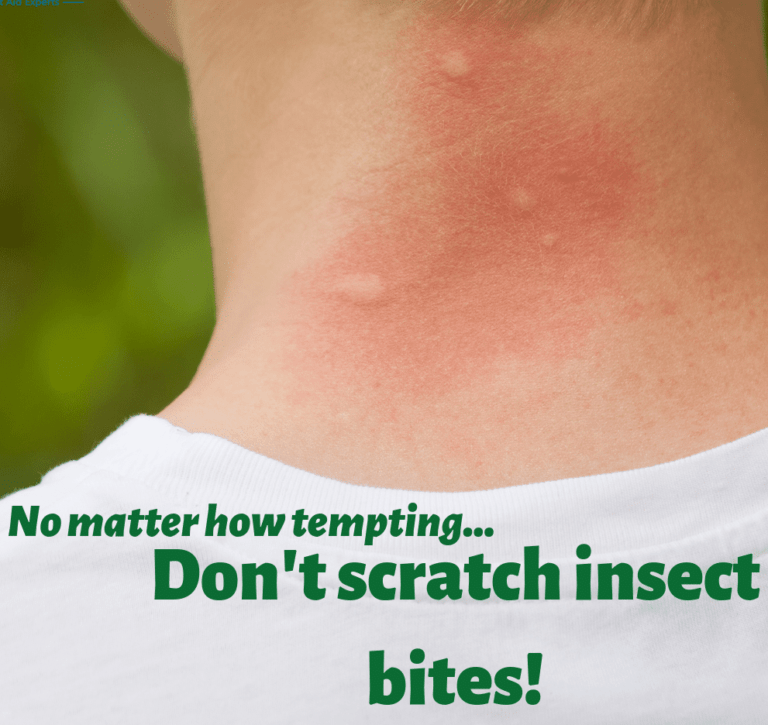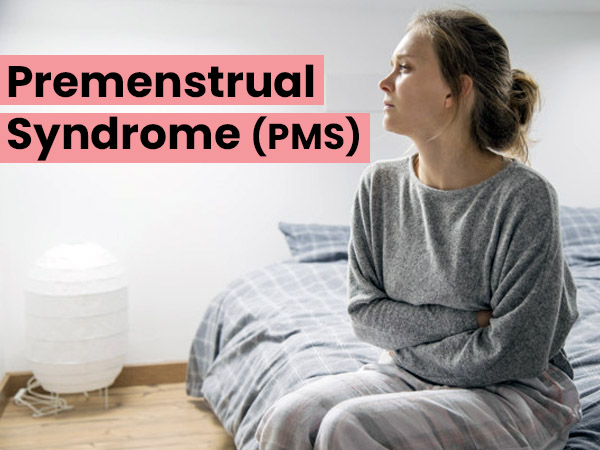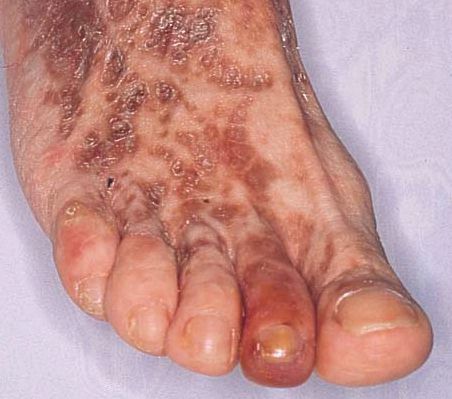Mosquito Bites: Should We Worry About It?
Author: Alvin
Alvin
Category: Health

Mosquito bites are painful. A female mosquito eating on human blood causes itchy, raised pimples on the skin. Mosquitoes are vectors, little flying insects (living things that carry diseases between animals and humans). Infections can often spread via blood. Mosquitoes are worldwide insects. There are thousands of mosquito species worldwide, with roughly 200 in the US.
A mosquito bite might be fatal if it is infected with a disease or has parasites. The West Nile virus is carried by infected mosquitoes, which bite people all around the world. In addition to yellow fever and malaria, mosquitoes also transmit other brain diseases (encephalitis).
What Happens When a Mosquito Bites You?
When a mosquito bites you, it uses a specific mouthpart (proboscis) to puncture the skin and drink the blood. The saliva causes a lump and irritation. Some people respond mildly to a bite or bites. Some others respond more aggressively, causing widespread swelling, pain, and redness.
When you are bitten by a mosquito, the blood extracted nourishes her eggs with protein and amino acids. Female mosquitoes can live up to 100 days and lay 200-300 eggs, so they are always hungry.
Symptoms of Mosquito Bites
Symptoms of a mosquito bite appear quickly. Itching commonly causes a round red lump with a dot in the center. Mosquito bites leave black marks that resemble bruises. In addition, tiny blisters may appear instead of a hard lump.
Allergic reactions (hives, swelling throat, faintness, and wheezing) can be more severe. Mosquito-borne disease infection (fever, headache, body aches, rashes, nausea, eye irritation, and tiredness can accompany various diseases).
Several bumps are common. These show that more than one mosquito entered the skin, or that more than one insect bit the individual. Symptoms include hives, swollen glands, and a low-grade fever in children and the immunocompromised. Generally, more bites mean milder symptoms. The body gradually adapts to the bites. The American Academy of Allergy, Asthma, and Immunology (AAAAI) says a mosquito bite can trigger anaphylaxis. This condition produces neck enlargement, hives, faintness, or wheezing.
What health problems can mosquito bites cause?
Female mosquitoes feast on your blood and bite you. Insect mouthparts designed to penetrate flesh and draw blood. Males lack this skill since they don’t create eggs and so don’t need blood protein. As a mosquito bites, it injects saliva into your skin. Saliva proteins cause a minor immune system reaction that causes itching and bumps. Mosquitoes choose their prey based on fragrance, CO2 exhalation, and sweat chemicals.
Mosquitoes can transmit which diseases?
The most harmful effect of a mosquito bite is the chance of serious disease. Mosquitoes can carry and spread various dangerous illnesses, including:
¢ Chikungunya. A viral infection that causes high temperatures and severe joint pain. Joint discomfort can continue for months after the initial attack, even if symptoms have subsided. The majority of chikungunya cases in the United States are caused by tourists returning from abroad. In a few isolated cases, it has reached the United States.
¢ Malaria. A parasite disease that causes high fevers, chills, and flu- like symptoms. It’s potentially fatal, but there are medications for it. It is a major health issue in many tropical and subtropical regions. Most malaria cases in the US are from foreign travelers.
¢ Dengue. A viral infection causes symptoms such as high fever, joint and muscle pain, vomiting, and a rash. After a few weeks, most people have made progress. It has the potential to become extremely harmful, possibly even fatal. Dengue fever is quite rare in the United States.
¢ West Nile virus. A viral infection with few symptoms. Symptoms include a slight temperature, a headache, and nausea. In rare situations, the virus might enter the brain, causing death. WNV has spread across the US.
¢ Zika Virus. No evidence of viral infection. Every fifth infected person has minimal symptoms. Infection symptoms include pinkeye, fever, rash, and joint pain. The Zika virus may also be passed from mother to child during pregnancy. Possible fatal birth defects It can also spread through sex.
 Sucking mosquito, dangerous vehicle of zika, dengue,
chikungunya, malaria and other infections. Insect on human skin.
Sucking mosquito, dangerous vehicle of zika, dengue,
chikungunya, malaria and other infections. Insect on human skin.
¢ Yellow fever. This virus inflames the brain and spine. Fever and a sore throat are symptoms.
Is it possible to prevent mosquito bites?
It’s usually better to avoid mosquito bites in the first place due to the seriousness of diseases that can be spread by bites from these pests. According to the EPA, mosquitoes need water to grow properly. Clearing the yard and home of any standing water can assist.
The following ways can help prevent bites:
¢ When going outside, use an insect repellent. Choose an EPA-registered insect repellant. They tested for safety and efficacy. Make sure it contains DEET, picaridin, IR3535, lemon eucalyptus oil, or para-menthane-diol. It’s critical to follow the label’s directions.
¢ If you intend to travel, learn about the regions you will be visiting. Recognize disease-carrying mosquitoes against which a vaccine or treatment can provide protection. Make the call 4-6 weeks prior to your departure date.
¢ Cover up. Outdoors, wear long sleeves, pants, and socks. EPA- registered repellents like permethrin can repel mosquitoes through thin clothing. Don’t apply permethrin directly to skin.
¢ Eliminate mosquito breeding areas. Remove standing water from your home and yard. Aquaculture is the practice of growing plants in water.
¢ Make your home mosquito-proof. Install or repair mosquito screens on windows and doors. If you have it, use it.
¢ Preventive medicine is recommended. A nondrowsy, nonprescription antihistamine may help reduce the severity of mosquito bite reactions (skeeter syndrome).
How to Treat Mosquito Bites
Wash mosquito bites with soap and warm water to treat them. You can also treat discomfort and irritation using over-the-counter pain medicines. antihistamines, or topical anti-itch drugs could also be the way. Itching can also be relieved by applying an ice pack to your skin. If your child has itchy mosquito bites, make sure their fingernails are kept short and that they don’t scratch.
A significant allergic reaction to a mosquito bite is quite unusual. Contact An allergic reaction to a mosquito bite is quite uncommon. As soon as you notice any of these symptoms following an insect bite, you should seek medical attention right away. These are signs of an allergic reaction or an illness spread by mosquitoes.
When to see a doctor
If you have an allergic reaction to a mosquito bite or develop signs of a mosquito-borne disease, see your doctor. Consult your doctor if you have symptoms after visiting a mosquito-borne disease area.













